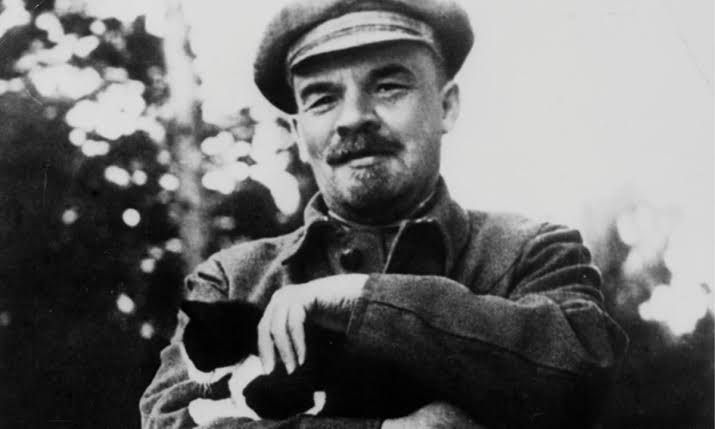Unraveling the Enigma: Lenin's Controversial Identity and Intriguing Speculations
Vladimir Lenin, the iconic figurehead of the Russian Revolution and the Soviet Union's establishment, has intrigued historians and political theorists for more than a century. His life and political journey have spurred several debates and hypotheses, some of which focus on aspects of his identity that go beyond

Vladimir Lenin, the iconic figurehead of the Russian Revolution and the Soviet Union's establishment, has intrigued historians and political theorists for more than a century. His life and political journey have spurred several debates and hypotheses, some of which focus on aspects of his identity that go beyond his well-known revolutionary persona. This article delves into two controversial theories: Was Lenin a foreign agent, and was he homosexual?
Lenin, the Alleged Foreign Agent
Lenin's path to power was filled with strategic alliances and controversial choices that have given rise to theories suggesting he was a foreign agent, particularly for Germany. The pivotal event cited is Lenin's journey in a "sealed train" from Switzerland through Germany back to Russia in 1917, facilitated by the German High Command. The reason? The Germans hoped Lenin's return would destabilize Russia, forcing it to withdraw from World War I.
However, this transportation does not inherently make Lenin a German "agent." While Germany took advantage of Lenin's revolutionary aspirations, there is no concrete proof that Lenin acted under German command.
The Sisson Documents add another layer to this theory, suggesting German financing of the Bolsheviks. However, the authenticity of these documents is questionable, with many historians considering them to be forgeries. Therefore, while Lenin's actions inadvertently aided German interests, labeling him as a German agent lacks solid empirical grounding.
The Question of Homosexuality
The question of Lenin's sexuality, specifically, the theory that he might have been homosexual, offers another intriguing perspective on his identity. The historical context of Lenin's era and the strong societal and legal sanctions against homosexuality make this a complex issue to evaluate.
Examining Lenin's personal life and correspondence, there's little evidence supporting this theory. His marriage to Nadezhda Krupskaya and his strictly professional interactions with male associates suggest that the claims about his homosexuality are more speculative than factual. It's also crucial to consider that applying modern concepts of sexuality to historical figures can be challenging, given the cultural and legal contexts of their time.
Conclusion
Lenin remains a fascinating figure, as much for his indelible mark on world history as for the enigmatic aspects of his personal and political life. The theories of him being a foreign agent and being homosexual add layers of complexity to his persona but are largely based on speculation and circumstantial evidence. As we continue to analyze his life, it's essential to differentiate between factual history and conjecture. As such, Lenin's true identity may forever remain part of the enigma that continues to captivate historians and political analysts alike.




